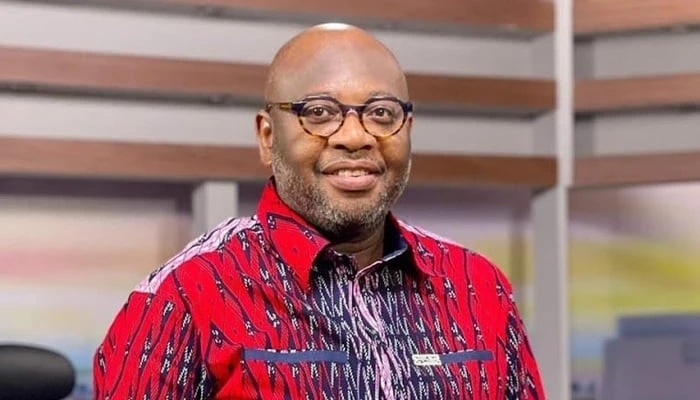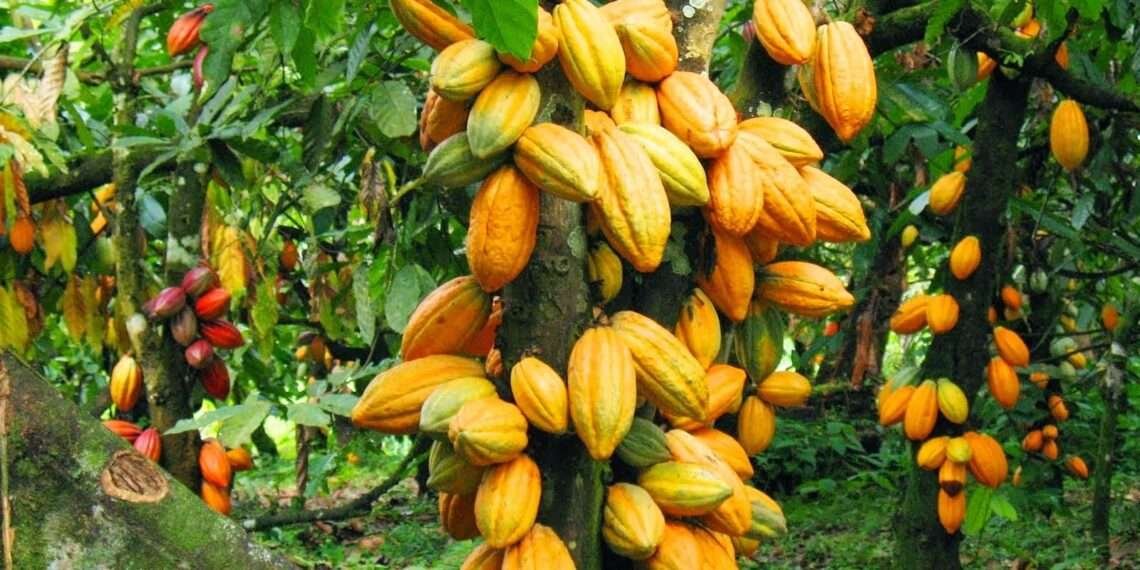Ghana’s cocoa sector, a backbone of the country’s economy and a key foreign exchange earner, has been rocked by revelations of gross underperformance in a major rehabilitation project.
The Chief Executive Officer of the Ghana Cocoa Board (COCOBOD), Dr. Randy Abbey, has raised serious concerns over the disbursement and utilization of a $263 million loan that was meant for the rehabilitation of 156,000 hectares of cocoa farms affected by disease. Shockingly, only 40,000 hectares have been completed, prompting investigations and renewed commitment to revive the sector.
The rehabilitation programme was initiated in response to the widespread devastation of cocoa farms by diseases, which affected nearly 40 percent of the country’s total cocoa acreage. In a strategic move to safeguard cocoa production, a $263 million loan was secured to rehabilitate 156,000 hectares of diseased farms.
However, Dr. Abbey, who assumed office as CEO of COCOBOD recently, revealed that only 40,000 hectares were rehabilitated at the time he took over, representing just over 25 percent of the target.
“If we had successfully done this 156,000 hectares, it would have contributed up to 200,000 tonnes to our production. We took all this money, and all we have to show is just 40,000 hectares completed.”
Dr. Randy Abbey
Mismanagement and Investigation
The stark disparity between the funds expended and the output achieved has raised serious questions about how the money was managed. Dr. Abbey disclosed that in addition to the $263 million loan, an extra GHS700 million was injected into the project, yet the intended results were far from realized.
“There are agencies responsible for the investigation of these things,” he stated. “I am saddened by what has happened because it was the golden opportunity to turn things around in the sector.” The CEO further indicated that the matter has been referred to the appropriate investigative authorities, and COCOBOD is determined to uncover what went wrong and ensure accountability.

The revelations come against a backdrop of heavy financial obligations inherited by the current COCOBOD administration. According to Dr. Abbey, when his team took office, they met already signed road contracts valued at GHS21 billion and existing debts totaling GHS4.4 billion. These figures underscore the financial strain under which the Board operates and the urgent need for transparency and prudence in managing resources.
Renewed Commitment to Cocoa Rehabilitation
Despite the challenges, COCOBOD is not relenting in its efforts to restore Ghana’s cocoa industry to full productivity. Dr. Abbey announced that an additional 21,000 hectares of cocoa farms are now being targeted for rehabilitation under the current administration.
“We have left some in the bush, and that is what I am trying to go and work on… so we can add them to the productive stock of farms we have,” he said. This renewed drive reflects a proactive approach to reviving the sector and ensuring that resources are directed toward tangible outcomes.
Dr. Abbey emphasized the importance of involving farmers in the rehabilitation efforts and ensuring they are informed of the processes underway. The Nkawie meeting was part of ongoing engagements between COCOBOD and farmers across the country aimed at restoring trust and ensuring inclusive progress.
To prevent similar occurrences in the future, the CEO called for improved monitoring, community-level participation, and stronger oversight on disbursements. He acknowledged the need for systemic reforms to ensure that public funds, especially those tied to critical sectors like cocoa, are used effectively.
READ ALSO: Market Confidence, Not Dollar Sales, Behind Cedi’s Comeback – BoG



















